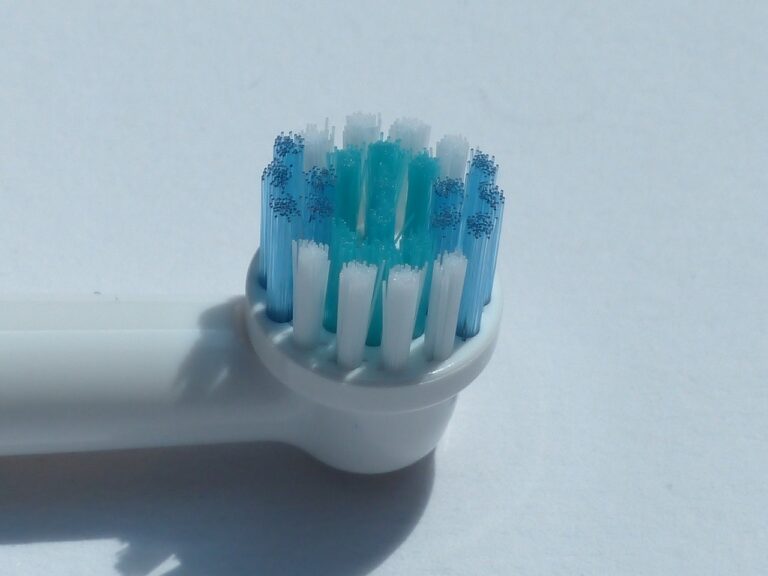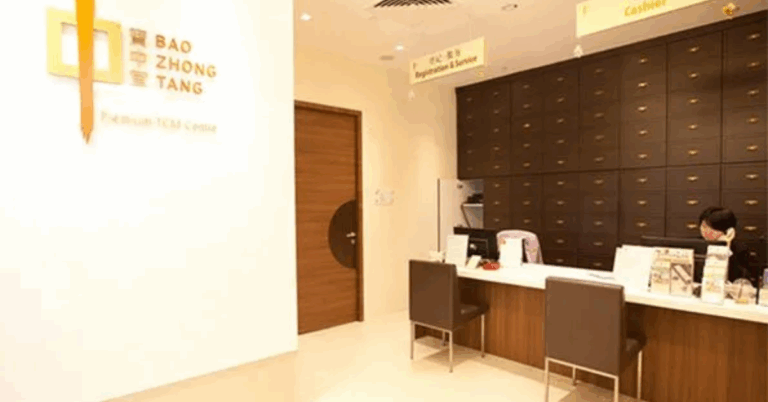How to Develop Effective Clinical Protocols for Urgent Care
laser 247 new id login, lotus betting sign up, 11xplay.pro:Developing effective clinical protocols for urgent care is crucial for providing high-quality, efficient care to patients in need of immediate medical attention. By establishing clear guidelines and procedures, urgent care facilities can ensure that all staff members are on the same page and that patients receive timely and appropriate treatment.
In this blog post, we’ll discuss some key strategies for developing effective clinical protocols for urgent care settings. From defining protocols to implementing them in practice, these tips will help urgent care facilities streamline their processes and improve patient outcomes.
Defining Clinical Protocols
1. Collaborate with healthcare professionals: When developing clinical protocols for urgent care, it’s important to involve a diverse group of healthcare professionals in the process. This may include physicians, nurses, pharmacists, and other staff members who have expertise in urgent care medicine.
2. Review industry guidelines: It’s essential to stay up-to-date on industry guidelines and best practices when developing clinical protocols. By reviewing guidelines from organizations like the Urgent Care Association or the American Academy of Urgent Care Medicine, you can ensure that your protocols are in line with current standards of care.
3. Consider patient populations: Urgent care facilities often see a wide range of patients with varying medical needs. When developing clinical protocols, consider the specific patient populations you serve and tailor your protocols to meet their unique needs.
Implementing Clinical Protocols
4. Provide staff training: Once you’ve defined your clinical protocols, it’s important to provide thorough training to all staff members. This may include education on the protocols themselves, as well as hands-on training to ensure that staff members are comfortable implementing them in a real-world setting.
5. Use technology to support protocols: Technology can be a valuable tool for implementing clinical protocols in urgent care settings. Electronic health records (EHRs), for example, can help staff members access and follow protocols quickly and efficiently.
6. Monitor and evaluate protocols: Developing clinical protocols is not a one-time task – it’s an ongoing process. Be sure to regularly monitor and evaluate your protocols to identify areas for improvement and make adjustments as needed.
Addressing Common Challenges
7. Managing wait times: Long wait times can be a common challenge in urgent care settings. By developing protocols for triaging patients based on the severity of their condition, you can help reduce wait times and ensure that the most critical patients receive prompt attention.
8. Ensuring continuity of care: Urgent care facilities often treat patients who do not have an established relationship with a primary care provider. Developing protocols for communicating with patients’ primary care providers and following up on their care can help ensure continuity of care.
9. Handling emergencies: While urgent care facilities are equipped to handle a wide range of medical issues, they may occasionally encounter emergencies that require immediate intervention. Developing protocols for responding to emergencies can help staff members act quickly and effectively in these situations.
FAQs
Q: How often should clinical protocols be reviewed and updated?
A: Clinical protocols should be reviewed and updated on a regular basis to ensure that they reflect current standards of care and best practices. Consider revisiting your protocols at least annually, or more often if significant changes occur in the healthcare industry.
Q: How can urgent care facilities ensure that staff members are following clinical protocols?
A: Providing thorough training and ongoing education is key to ensuring that staff members are following clinical protocols. Regular audits and quality assurance measures can also help monitor compliance and identify areas for improvement.
Q: Are there resources available to help urgent care facilities develop clinical protocols?
A: Yes, there are many resources available to help urgent care facilities develop clinical protocols. Organizations like the Urgent Care Association and the American Academy of Urgent Care Medicine offer guidelines, templates, and other tools to support the development of effective protocols.
By following these strategies for developing effective clinical protocols, urgent care facilities can improve patient care, streamline processes, and ensure better outcomes for all patients in need of urgent medical attention. Whether you’re establishing new protocols or updating existing ones, it’s essential to approach the process thoughtfully and involve key stakeholders at every step.







